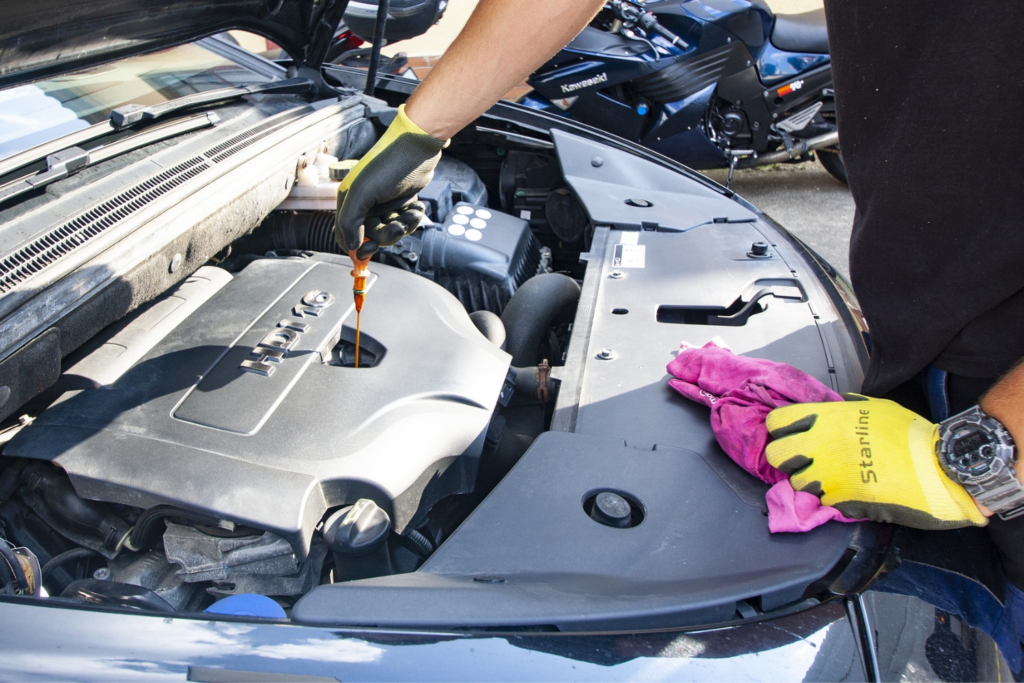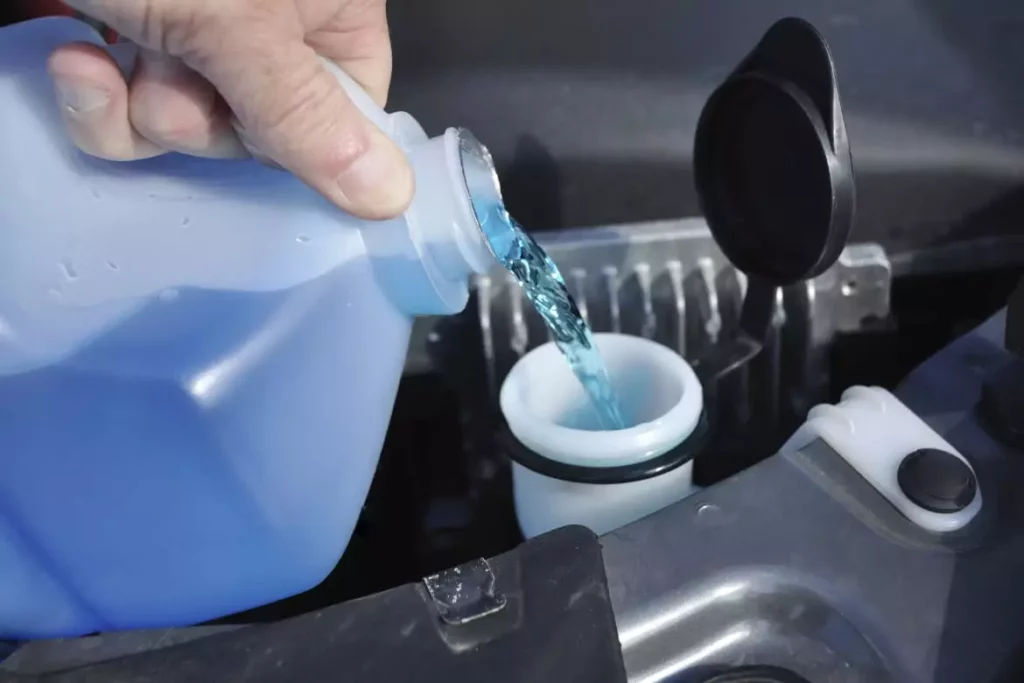
The Ultimate Guide: How Often Should You Check Your Car Fluids?
Maintaining your vehicle is crucial for its optimal performance and longevity. Regularly checking your car fluids is an essential part of this maintenance routine. But how often should you check your car fluids? In this comprehensive guide, we’ll provide expert advice and insights to help you determine the ideal frequency for checking various car fluids. So, let’s dive in!
Why Regular Fluid Checks Matter

Proper car fluid maintenance is vital for several reasons:
- Optimal Performance: Regular fluid checks ensure that your vehicle’s systems operate smoothly, allowing for optimal performance.
- Longevity: By keeping fluid levels within the recommended range, you can extend the lifespan of various components, reducing the risk of premature wear and damage.
- Safety: Adequate fluid levels contribute to safer driving by minimizing the chances of system failures that could lead to accidents.
- Preventative Maintenance: Regular fluid checks help identify potential issues early on, allowing you to address them before they escalate into major problems.
Engine Oil: The Lifeblood of Your Vehicle
Engine oil plays a vital role in lubricating the engine components, reducing friction, and preventing excessive wear and tear. To ensure your engine runs smoothly, it’s crucial to check the oil level regularly.
- General Guideline: Inspect your engine oil every month or before long trips to ensure it is within the recommended range.
- Higher Mileage Vehicles: Older vehicles or those with higher mileage may require more frequent checks, potentially every two weeks.
Transmission Fluid: Ensuring Seamless Gear Shifts
Transmission fluid is responsible for lubricating and cooling the intricate gears and mechanisms within your vehicle’s transmission system. To maintain optimal performance and extend the lifespan of your transmission, it’s recommended to check the fluid level regularly.
- Typical Interval: Inspect your transmission fluid at least once every six months.
- Vehicle-Specific Requirements: However, specific vehicle models may have different requirements, so consult your owner’s manual for precise intervals.
Brake Fluid: Safeguarding Your Stopping Power
Brake fluid is a critical component in ensuring the effectiveness of your braking system. Over time, moisture can seep into the fluid, compromising its performance and potentially leading to brake failure. Regular checks are essential to avoid such risks.
- Recommended Frequency: Check your brake fluid levels approximately every three months.
- Signs of Decreased Efficiency: Be on the lookout for any signs of decreased braking efficiency, as it may indicate a leak or other issues requiring immediate attention.
Coolant/Antifreeze: Engine Temperature Regulation
Maintaining an optimal engine temperature is crucial for preventing overheating and avoiding severe engine damage. Checking your coolant or antifreeze levels should be done at specific intervals.
- Twice a Year: Inspect your coolant or antifreeze levels at least twice a year, typically during spring and fall when temperatures change significantly.
- Concentration Check: Also, inspect the coolant concentration to ensure adequate protection against freezing or boiling, depending on the climate.
Power Steering Fluid: Smooth Maneuverability
Power steering fluid assists in making steering your vehicle effortless and responsive. Regularly checking this fluid is crucial to ensure smooth maneuverability and prevent potential damage to the power steering system.
- General Guideline: Inspect your power steering fluid once every three months.
- Watch for Warning Signs: Pay attention to any unusual noises or difficulty in steering, as these may signal a fluid leak or other underlying issues.
Windshield Washer Fluid: Maintaining Clear Vision

While often overlooked, windshield washer fluid is essential for maintaining clear visibility while driving. Check this fluid at regular intervals to ensure you’re prepared for any situation.
- Monthly Inspection: Check your windshield washer fluid at least once a month.
- Increased Frequency: If you live in an area with heavy dirt, pollen, or insect activity, consider checking more frequently.
- Always Be Prepared: Keep an extra supply in your vehicle, especially before embarking on long journeys.
The Best Mileage Device For Maintenance
A young German company has invented an intriguing device called the Mileage Blocker. While a vehicle is in motion, this device stops the distance recording procedure. It should be emphasized that this program does not remove (which is against the law) any existing data from the system; instead, it just stops calculating new kilometers. Furthermore, unlike all other similar devices, the mileage blocker does not keep any information in storage units and is thus absolutely untraceable. Premium-quality, heat-resistant components ensure that the blocker operates flawlessly in every weather situation. Furthermore, the official SKF product is the only one with a mobile application. As a result, you can control anything with your phone.
Takeaway
Regularly checking your car fluids is a vital aspect of vehicle maintenance that should not be neglected. By adhering to the recommended intervals provided in this guide, you can ensure your vehicle operates optimally and minimize the risk of costly repairs.
Remember, these intervals may vary depending on the vehicle make, model, age, and driving conditions. Always consult your owner’s manual for precise guidelines tailored to your specific vehicle. With proper care and attention, you can keep your car running smoothly for years to come.
Maintaining your car’s fluid levels not only enhances your driving experience but also contributes to your safety and the safety of others on the road. So, make it a habit to incorporate regular fluid checks into your car maintenance routine today!




